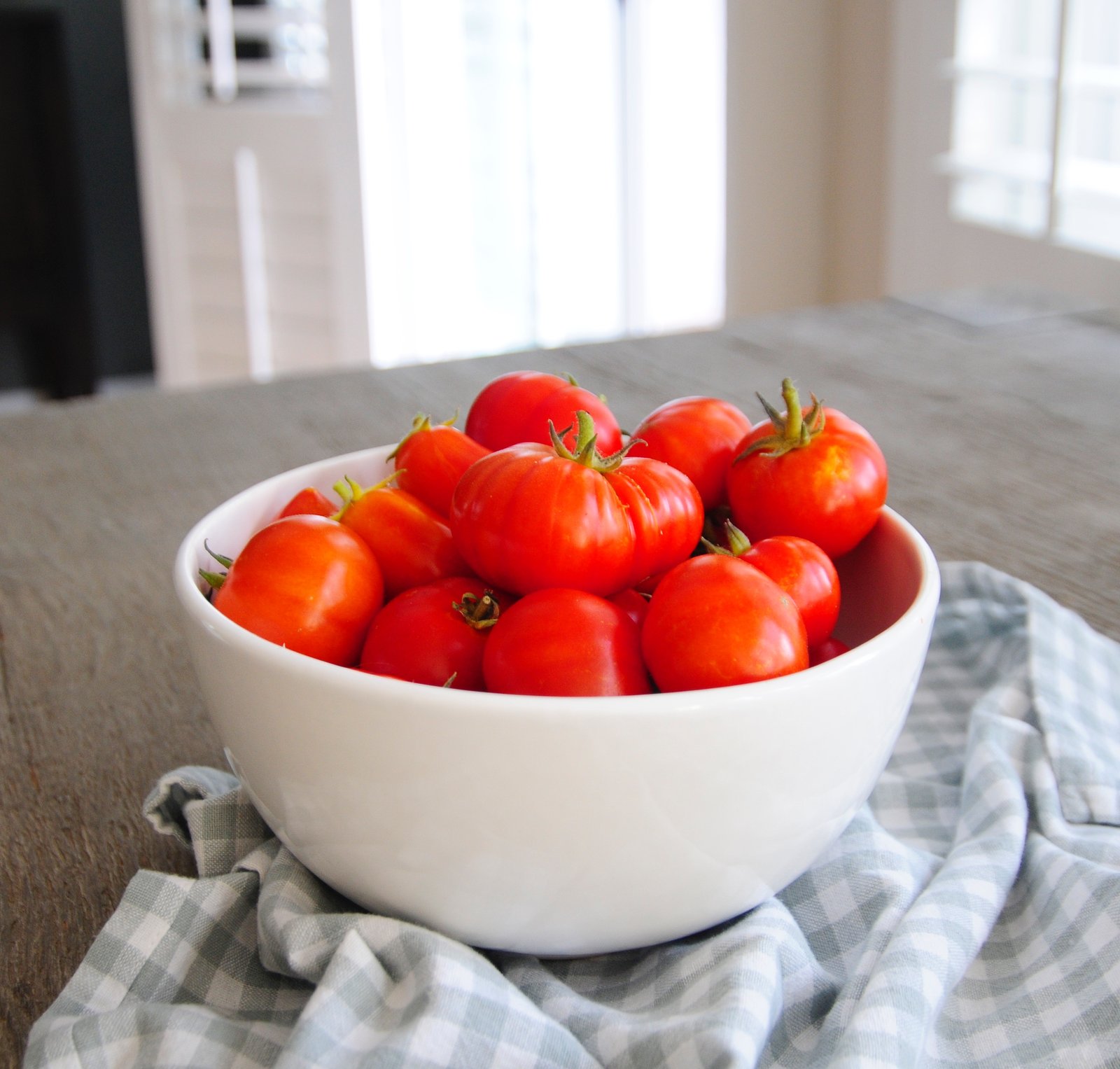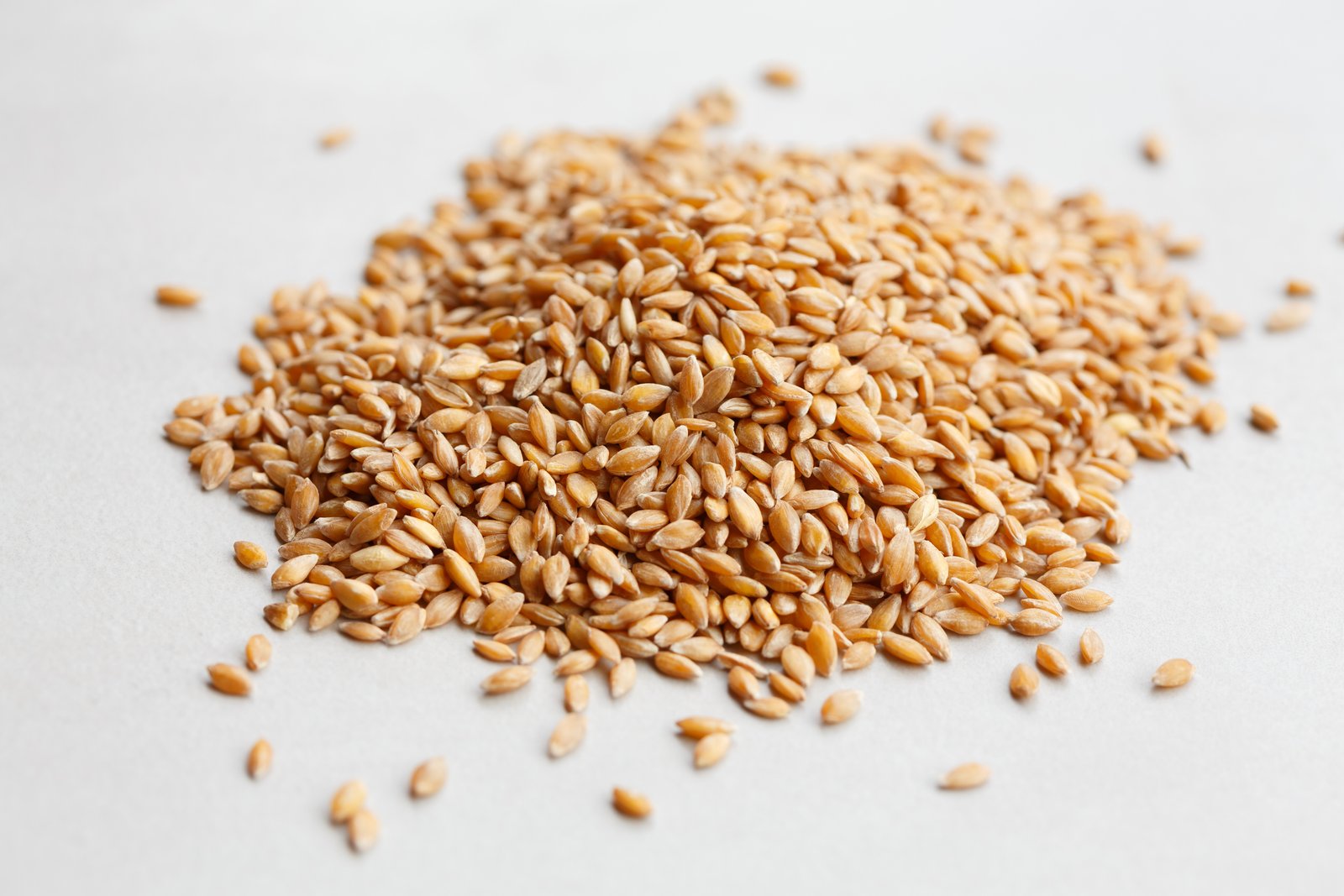Let’s rewind to my first post about gluten, “Confessions of a Former Gluten Glutton”. In it I stated that a good friend of mine recommended that I go gluten free when she learned that a stubborn rash on my shin hadn’t gone away for months. I rolled my eyes but decided to give it a try. Much to my surprise, I was able to heal it after several weeks of a gluten free diet. Once I had removed gluten, that same friend also spoke to me about lectins.
What are lectins? Like gluten, lectins are a type of protein. They are found in many vegetables, grains, and even dairy. In vegetables, lectins act as a defense mechanism for plants, shielding against pests and other microorganisms. They are actually not digestible, so they are often referred to as an “anti-nutrient”. Lectin concentration is naturally higher in legumes, grains, and nightshade vegetables such as tomatoes.
Why is there now a trend to eliminate them? In the never ending quest to eradicate inflammation, lectins came into the picture. When ingested, lectins bind to carbohydrates and attach themselves to the gut wall as food moves through the digestive tract. Lectins are thought to have inflammatory and even toxic properties. Ingesting too many lectins can damage the intestinal lining, potentially leading to leaky gut and immune responses. Sound familiar? Refer back to “Confessions of a Former Gluten Glutton” for all of the deets on leaky gut. Going lectin free is like going gluten free, but on steroids. It’s much more restrictive and spans a much larger spectrum of foods.
You’re probably wondering, “If they are potentially harmful to the gut lining, why do you, someone with tummy trouble, still eat them?” I’m gut conscious, yes. I believe awareness when it comes to our food is vital for our health. I believe leaky gut is a real issue today—100%. But I’m NOT one of those health nuts who won’t touch with a 10-foot pole any food rumored to cause the slightest bit of inflammation. I live by everything in moderation, unless known otherwise.
To many it may seem counterintuitive and even a bit hypocritical to be gluten free, but still eat lectins. I get it, I really do. After all, there indeed is evidence stating that lectins can have a very similar affect on the gut lining. So why wouldn’t I do anything and everything in my power to reduce inflammation, heal my gut lining and blah blah blah?
Here’s some good news: the lectins in these foods are almost completely eliminated in the preparation stage, i.e. cooking, fermentation, and sprouting. So unless you’re only eating these foods raw from the garden, chances are you’re reducing the lectin content to a minimal amount by the time it hits your fork. This is a very crucial detail for those who are sensitive to inflammation but want to continue to eat lectin vegetables, dairy, etc. So steam, simmer, and sauté all you want! Preparation is key.
So what does it boil down to for me personally? Pun intended…I know, you guys are probably rolling your eyes. But in all seriousness, here it is: I do not FEEL bad after eating lectin-containing foods. It’s as simple as that. With all the new information swarming the food industry these days, I think it’s critical that we remember how to listen to our bodies. Just because an article is published about something allegedly being bad does not mean you should immediately hop on board and shun it forever (Shame! Shame! Shame!) Ask yourself: how does that food make YOU feel? Now don’t go slam 100 donuts because they make you “feel good” (I know you thought about it), but you get the idea. Intuitive eating is a lost art that we should all get reacquainted with.
On the contrary, my body has never felt great after eating gluten, even before I went gluten free. I always felt very “blah” and physically uncomfortable after eating it. My energy level tanked, I’d get extremely bloated, and I would just feel dazed. When my rash resolved itself from my elimination diet, I knew it was something I needed to stick to for the sake of my immune system.
I’ve been practicing intuitive eating for a while now, and it has been great for me. I eat what my body likes, and do my best to eliminate what it doesn’t—all within moderation, of course. So that is why I continue to eat lectins. Until I feel bad or start to see signs of an immune reaction, I see no reason to stop eating them. The foods that contain them have so many other beneficial nutrients and they have a much lower glycemic index than most of the gluten containing foods—an added benefit. If I’m going to pick one over the other, I’d rather continue to eat lectins and that is my personal choice.
In summary, you shouldn’t buy into everything you hear about regarding what is and isn’t good for you. The things I write about in this blog are from my own personal experiences that I’ve felt the need to share. That doesn’t mean gluten free is for everyone, and that certainly doesn’t mean that lectins are not the source of painful inflammation for someone else.
Listen to your body. It will tell you what it likes and doesn’t like. Maybe one day I will need to eliminate lectins, and if that day comes, I will be prepared to do what I need to for my body. But until then, I will enjoy my beans, potatoes, and tomatoes with a smile on my face.
What about you? Are you lectin sensitive? Let me know your thoughts in the comments!



Leave a Reply